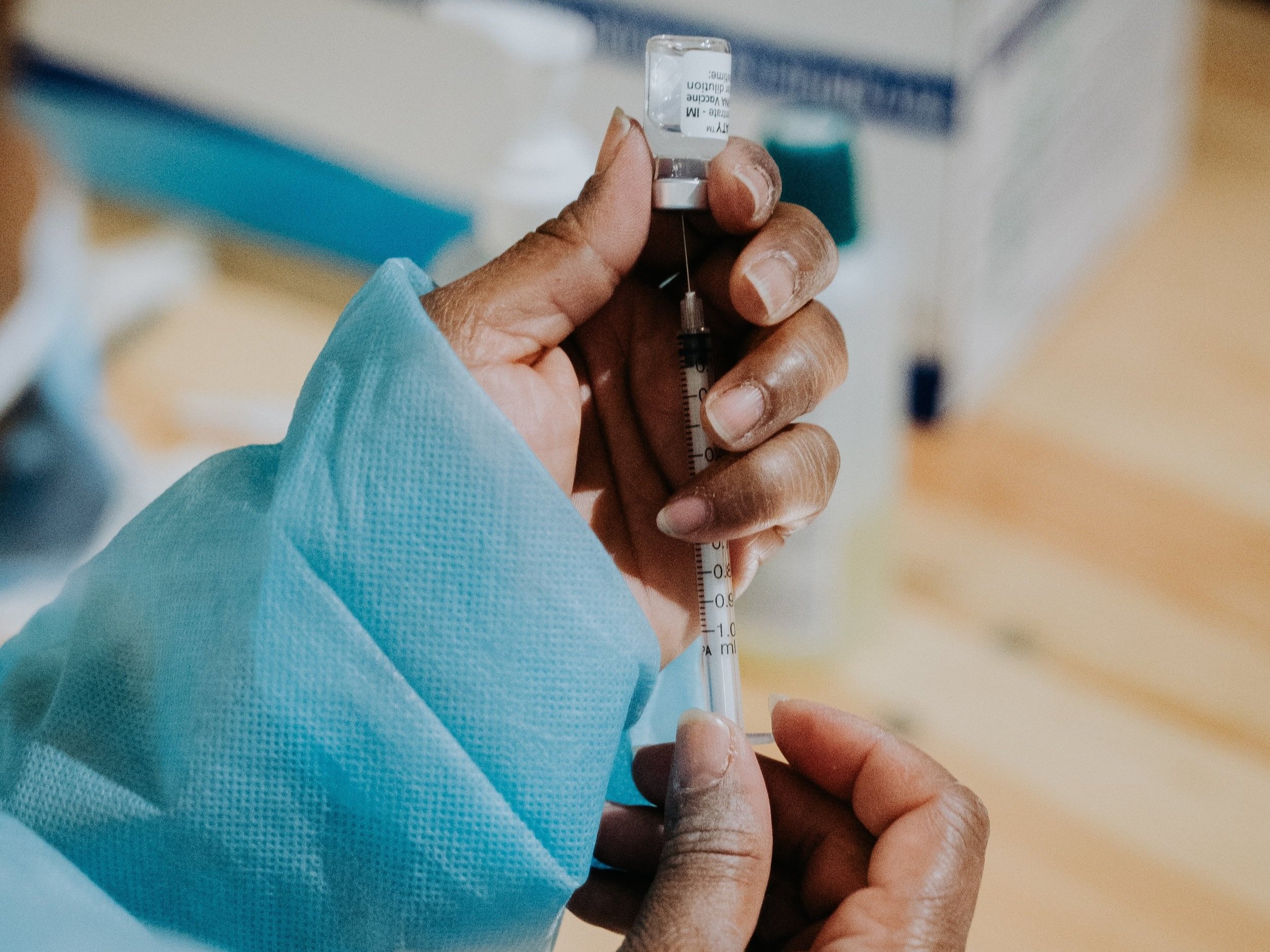
Insights from our team

COVID misinformation leads to more professional misconduct for health practitioners
This decision demonstrates that, despite the general right to freedom of expression, practitioners can face professional consequences for making public statements related to health policy in their capacity as health professionals.


A reminder to lawyers of their professional duties
In early 2014, Mrs Pfisterer, whose home had been significantly damaged in the Canterbury earthquakes, entered into a contract with Claims Resolution Service Limited (CRS), which offered a “no win, no pay” insurance claims resolution service. This was after negotiations with her insurer, Southern Response Earthquake Services Ltd (Southern Response) had stalled.

Can health practitioners be disciplined for sharing misinformation?
In PCC v Tepou, the Health Practitioners Disciplinary Tribunal (the Tribunal) found that a nurse engaged in professional misconduct through making inappropriate social comments about her fellow health practitioners, and through spreading COVID-19 misinformation on social media and in a radio interview. The Tribunal suspended Nurse Tepou from practice for 12 months, censured her, imposed conditions on her return to practice, and ordered her to pay costs.

The significance of performance without complaint following a disciplinary hearing
Lessons from Subramani v A Professional Conduct Committee Appointed by the Dental Council of New Zealand.
Dr Subramani admitted a charge of professional misconduct before the Health Practitioners Disciplinary Tribunal (the Tribunal). The Tribunal imposed censure; cancellation of registration; a fine and costs. Dr Subramani then appealed the cancellation of his registration and the fine. In doing so he sought leave to adduce further evidence. This application related to evidence of his performance under supervision between the hearing and decision.
